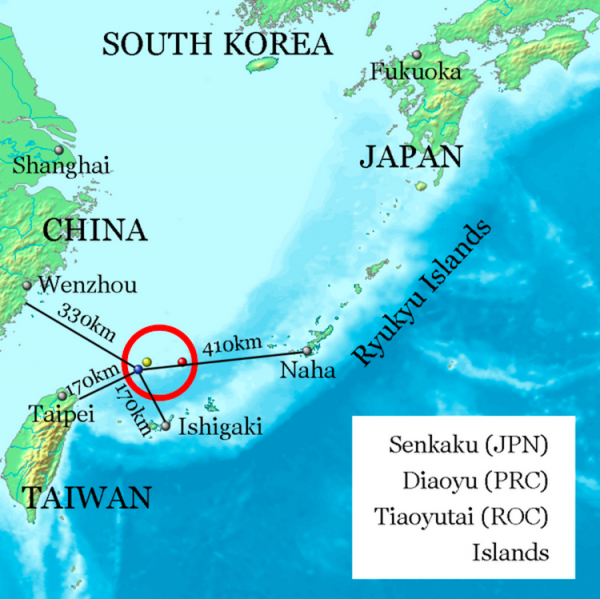To put it in simple terms, that’s what I call it when a whole group, or sub-set of people are deemed the Emmanuel Goldstein of the moment by a dominant group, and set up as a focus for free-wheeling hate. In practice, this hate may range all the way from a mild disinclination to associate professionally or socially, all the way to 11 in marking the object of that hate as a suitable target for murder, either singly or in wholesale lots and sometimes with the cooperation and blessing of the state. It’s more something that I have read about either in the pages of history books, or in the newspapers and increasingly on-line. Still, it is no end distressing to see it developing here in these United States in this century. Am I paranoid about this current bout of ‘otherizing’? Perhaps but don’t tell me that it cannot happen here.
Some hundred and fifty years ago, the ‘otherizing’ reached such a pitch that young men marched against their countrymen they were clad in blue and grey, and fell on battlefields so contested that lead shot fell like a hailstorm, and swept away a large portion of men recruited by regional-based units. Passionate feelings, words and small deeds, public and private regarding slavery were balanced against states’ rights. The pressure built up and up, like steam in a boiler and finally there was no means for them to be expressed but in death wished upon the ‘other’. By the end of twenty years of editorials, speeches, and political campaigns had been worked to a fever pitch. Civil war became not only possible but in the eyes of the editorialists, the speech-makers and the politicians a wholly desirable outcome. And a goodly portion of a generation lay dead, as if a scythe had swept over a wheat-field. Everyone was very sorry afterwards, but the words could not be unspoken, the hatred and resentment re-bottled in a flask, or the dead re-animated, to go about their ordinary lives as if the great divisive issue of mid-19th century America had never been.

